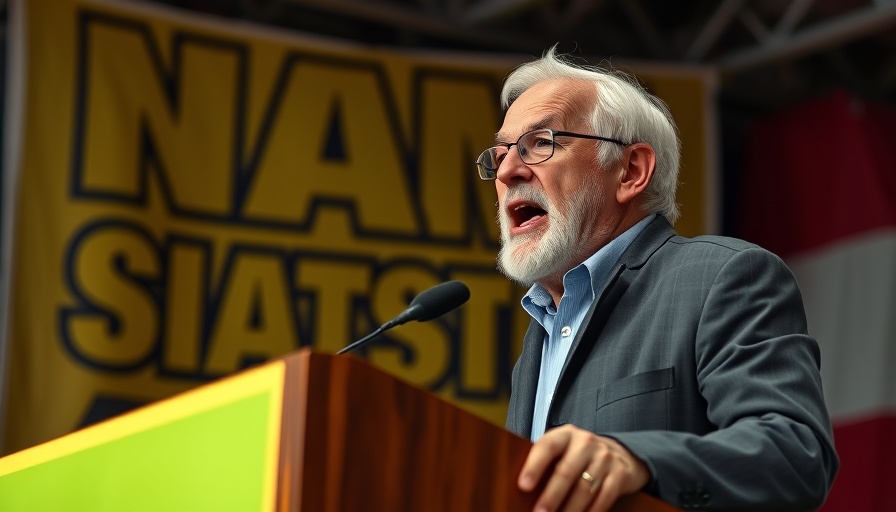
The Intriguing Intersection of Politics and Business
In a city like New York, where the convergence of political ambition and business interest often leads to whispers of influence and power, the recent revelations surrounding former Governor Andrew Cuomo's super PAC, Fix the City, have stirred up conversations across neighborhoods. This scrutiny is not merely a tale of political maneuvering; it's a key moment unveiling the complex dynamics of financing in local politics. The feasible options available to those on the city’s ‘doing business’ list showcase the lengths to which individuals and companies will go to support favored candidates while simultaneously navigating the restrictions imposed by city law.
Understanding the Limitations of Contributions
Under New York City regulations, those seeking to do business with the city are restricted from contributing more than $400 to citywide candidates. This restriction aims to prevent the potential for pay-to-play scenarios where financial backing could lead to favorable business decisions. However, with the rise of super PACs, high-net-worth donors have found a loophole that circumvents these strict limits, showcasing an evolving landscape where money can flow more freely into political campaigns.
The case of Scott Rechler, a notable real estate figure, exemplifies this. After making a campaign contribution that adhered to legal limits, Rechler followed up with a staggering $250,000 donation to Fix The City. This pattern raises significant questions about the motivations behind such generous contributions and the potential quid pro quo arrangements lurking beneath the surface. Is this a mere coincidence, or a calculated investment in political capital?
Community Implications and Ethical Concerns
As members of the community, the implications of these funding structures can feel daunting. Voters may wonder how much influence these wealthy donors have in shaping local policies and decisions that directly affect their daily lives. The perception of corruption, however unfounded, can erode trust in public institutions. This raises a crucial conversation about community engagement and transparency in government actions.
Parallel Examples Highlighting Financial Influence
Taking a broader look, other cities across the nation have faced similar challenges regarding campaign financing. For example, in Los Angeles, recent controversies surrounding the funding of various propositions by notable developers have ignited debates about transparency and fairness in political contributions. Drawing these parallels provides a relatable frame of reference for NYC residents, highlighting that the issue extends beyond one individual or committee.
A Potential Shift in Policing Campaign Contributions
As concerns mount over the ethical implications of political contributions, there is an opportunity for change. Advocates for reform are increasingly vocal, pushing for greater transparency and stricter regulations around financing political campaigns. Such movements may pave the way for a healthier political culture, encouraging citizens to feel confident in their democratic choices. While this transformation won’t happen overnight, the growing discourse indicates a willingness to reconsider the current systems.
How Local Politics Connect to Daily Life
For community members, understanding these nuances is paramount. Political decisions reverberate through policies on public safety, infrastructure development, education, and more. Engaging actively with local government through town hall meetings, community forums, and civic organizations can empower citizens to be active participants in their democracy. Voters can voice their opinions not only at the ballot box but also during discussions that shape their neighborhoods.
Encouraging Civic Engagement and Awareness
The intricate relationship between money and politics emphasizes the need for community members to stay informed about their local government’s actions. Participating in events organized by neighborhood associations or local politics can enhance awareness and empower individuals to address issues that matter most in their community. It is indeed a call to action: watch the contributions, ask the tough questions, and hold elected officials accountable.
Final Thoughts: Navigating the Landscape of Local Politics
As we stride into the 2025 election cycle, understanding the influence of financial contributions on local politics becomes increasingly crucial. As residents, becoming more educated about how these systems operate enables communities to safeguard their interests. The role of local news organizations in elucidating these issues cannot be overstated, providing vital updates and fostering an environment where civic engagement can flourish.
 Add Row
Add Row  Add
Add 



Write A Comment